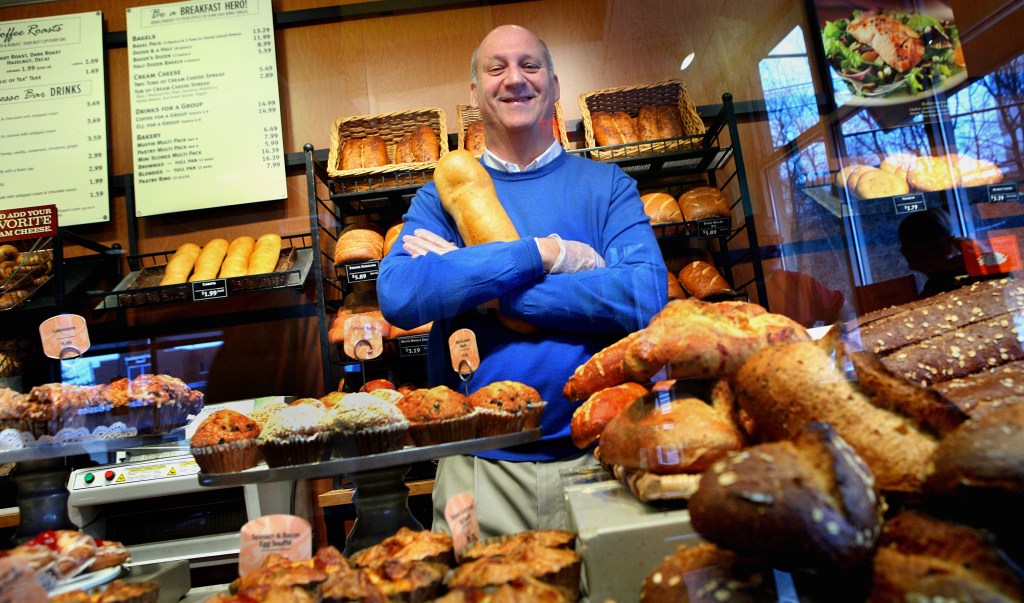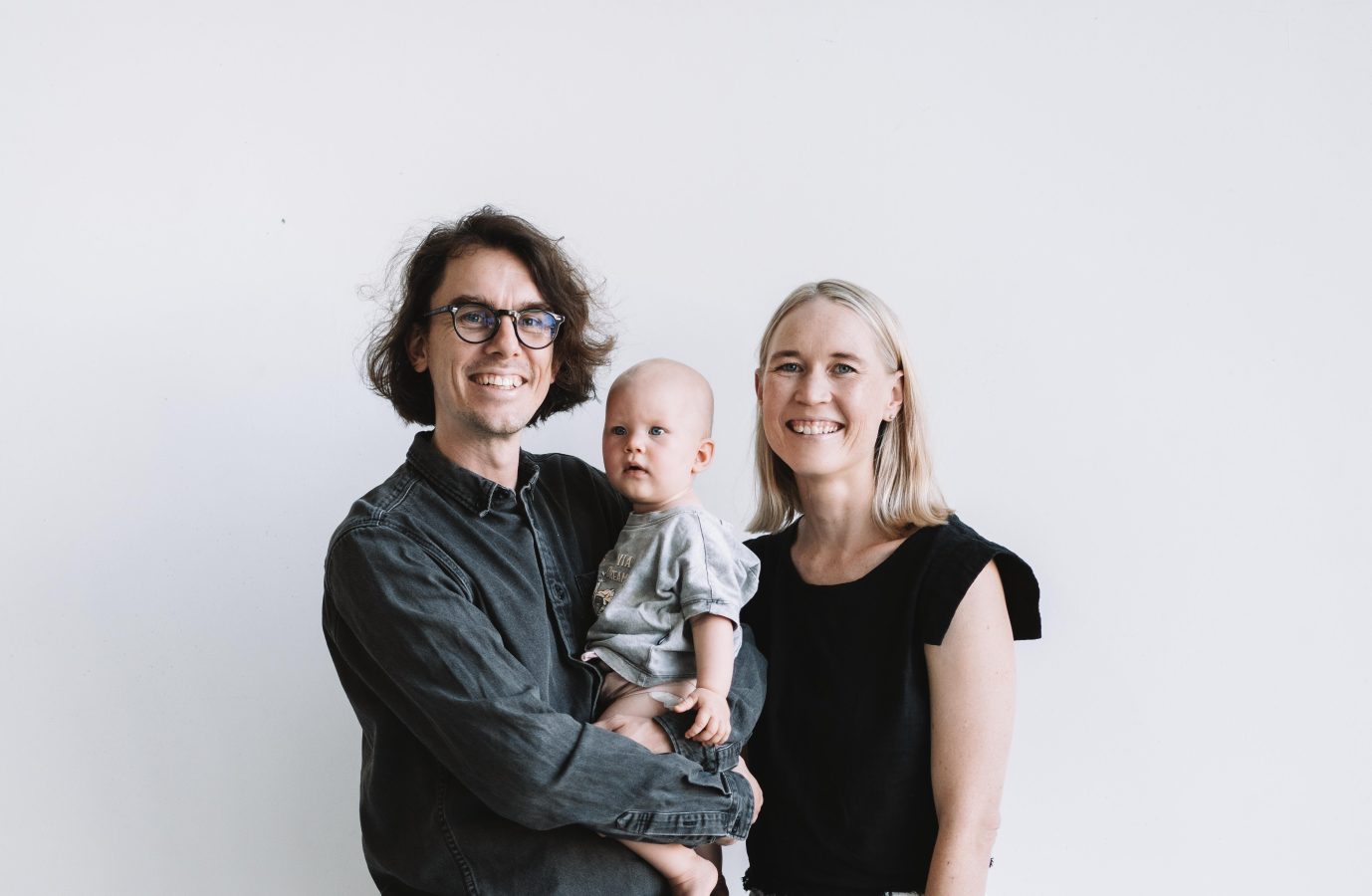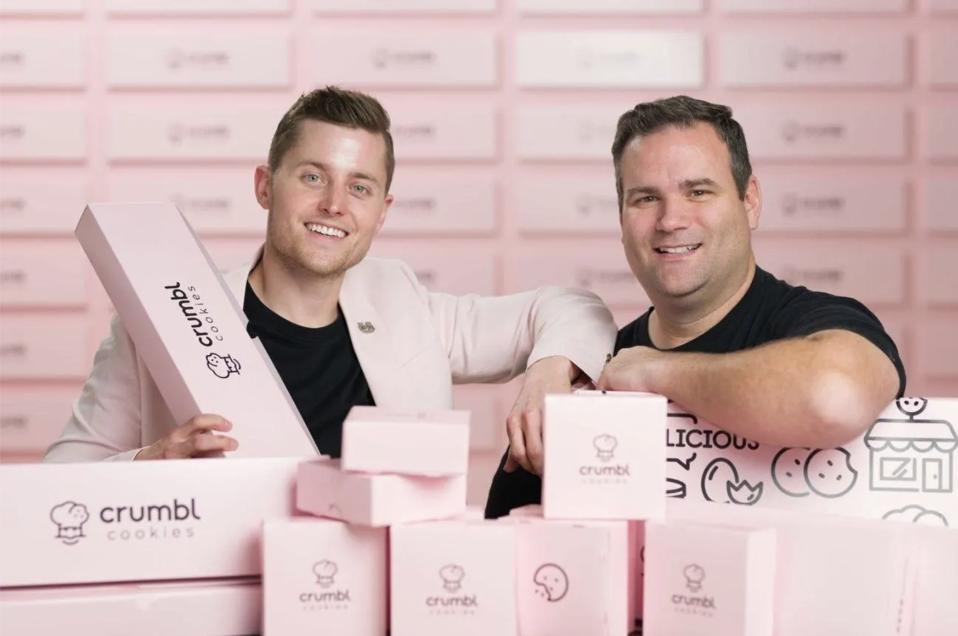Make Ron Shaich angry and he might build a business to compete against you. He may even help launch a political party to defeat you.

As a political science student at Clark University in Worcester, Massachusetts, in the early 1970s, Shaich was kicked out of a store near campus on false accusations that he and his friends were about to steal something. “They were vilifying us, and they actually were abusing us,” says Shaich, who then decided “we don’t need them. We could do this on our own.”
As student body treasurer, he launched a campaign to raise money for a nonprofit convenience store on campus that Shaich ended up managing himself. “I discovered running the store was the most creative thing I had ever done in my life.”
That put him on the path to Harvard Business School, after which he launched the Cookie Jar and cofounded Au Bon Pain, which he took public and later sold after acquiring a small bread company that he transformed into the powerhouse Panera Bread chain.
He’s since cofounded the “No Labels” political organization, been a two-time CEO of Panera, which bought back Au Bon Pain, created Act 3 Holdings to build next-generation companies like Cava and had various other adventures in business that he’s chronicled in his new book, Know What Matters: Lessons From A Lifetime of Transformations.
“People wanted to feel special in a world in which increasingly they were not.”
Ron Shaich
Hailed as a pioneer of the “fast-casual” movement, Shaich says his a-ha moment came after seeing how embarrassed people acted when frequenting fast-food outlets like McDonald’s. “You could see it in their faces, you could watch it in their eyes,” he says. “They’d walk in and see tables that were bolted to the floor. They’d see employees with paper hats on that were really extensions of the cash register … They actually felt diminished, depleted.” (McDonald’s almost bought Panera years later.)
He saw how people were moving beyond mass-market brands like Folgers and Maxwell House or Pepsi and Coca Cola. “By the early nineties, in every major consumer category, people wanted to feel special in a world in which increasingly they were not.”
In 2010, he helped launch No Labels, a centrist political organization that’s considering launching a “unity” presidential ticket to challenge the Republicans and Democrats in the 2024 U.S. presidential election.
“The structural problems in our country that have created the very real hyper-polarization that we see,” he says. “We need to change to allow democracy to occur.”
“We compete with the Chinese with 20-year plans. How in God’s name can we compete if we can’t agree on a budget for weeks?”
This article was first published on forbes.com.


